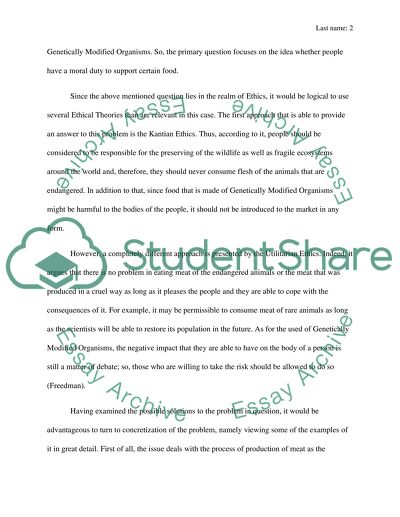Cite this document
(Ethics of Food Research Paper Example | Topics and Well Written Essays - 1750 words, n.d.)
Ethics of Food Research Paper Example | Topics and Well Written Essays - 1750 words. https://studentshare.org/social-science/1667426-ethics-of-food
Ethics of Food Research Paper Example | Topics and Well Written Essays - 1750 words. https://studentshare.org/social-science/1667426-ethics-of-food
(Ethics of Food Research Paper Example | Topics and Well Written Essays - 1750 Words)
Ethics of Food Research Paper Example | Topics and Well Written Essays - 1750 Words. https://studentshare.org/social-science/1667426-ethics-of-food.
Ethics of Food Research Paper Example | Topics and Well Written Essays - 1750 Words. https://studentshare.org/social-science/1667426-ethics-of-food.
“Ethics of Food Research Paper Example | Topics and Well Written Essays - 1750 Words”. https://studentshare.org/social-science/1667426-ethics-of-food.


